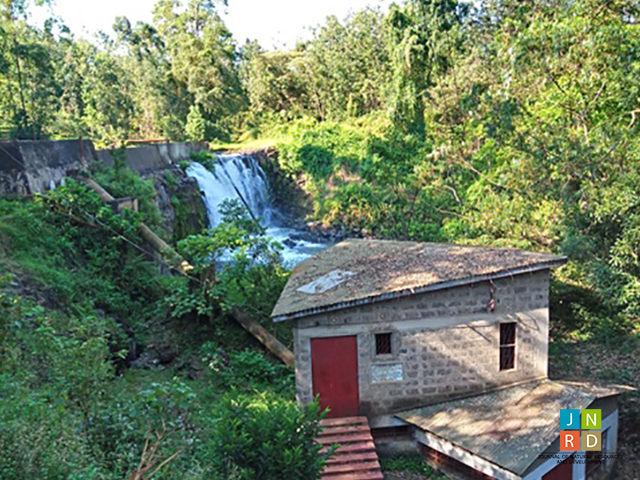Socio-Economic Factors of Small Hydropower and Biogas Plants and their Implications for Rural Energy Poverty Alleviation in Kirinyaga, Kenya
Main Article Content
Abstract
Energy is essential for sustainable development and for improving the socio-economic welfare of a community. Sub-Saharan Africa suffers from severe rural energy poverty and minimal access to modern energy services. Adoption of renewable energy technologies is often viewed as a way to alleviate rural energy poverty, but uptake is slow. Socio-economic factors, mainly household income, electricity access, fuels used for cooking, and land tenure, influence adoption of renewable energy technologies. This paper assesses the contribution of small hydropower and biogas technologies in alleviating rural energy poverty in Kirinyaga County, Kenya, where the majority of the population relies on traditional sources of energy. A case study research design was used, with a sample size of 178. Data was collected using a questionnaire survey, the review of project documents, and interviews. Five indicators were used to assess energy poverty. The results indicate medium to low energy poverty and energy stacking; with reliance on traditional sources of energy. Socio-economic factors influence adoption of SHP and biogas. Therefore, adoption of renewable energy technologies does not alleviate rural energy poverty because SHP and biogas are used to supplement rather than replace the use of traditional fuels.
Article Details
Issue
Section

This work is licensed under a Creative Commons Attribution-NonCommercial-NoDerivatives 4.0 International License.

